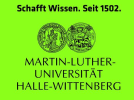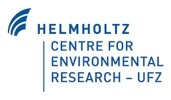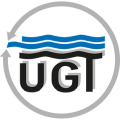Objectives of the Project
The core of the project is the development and implementation of new, tailor-made farm machinery and soil monitoring, which will be conducted on test areas of research institutes as well as on-farm. By means of innovative scientific methods, the success of soil erosion reduction, improvement of water and nutrient budgets of the soils, carbon sequestration in the soils, and steppe restoration will be tested. Comprehensive findings concerning the mechanisms and control parameters of an ecologically and economically sustainable agricultural use of arid steppes are expected. Economic aspects of utilization of the results include higher agricultural yields at simultaneously increased yield security as well as an enhanced competitiveness of the involved companies, not only on the Russian and Central Asian markets, but worldwide.
The technical objectives of the project are focusing on the development of agricultural equipment for ultra-shallow soil tillage, for targeted application of herbicides, for application of liquid fertilizers, and for the renaturation of degraded land. This will be accompanied by the optimization of the newly developed machinery on soils of Kazakh and southwestern Siberian steppes. Further, large lysimeters devoted to the quantification of important parameters of the soil water budget will be optimized for continuous monitoring, and a wind channel system will be developed and implemented to quantify soil erosion under different land management systems.
The scientific objectives are tightly interlinked with the technical ones. For instance, the impact of different land and soil management on soil erosion, water budget, carbon budget, and nitrogen cycling/use efficiency will be quantified on-farm, partly using the instrumentation to be developed within the project. Also, the machinery for steppe restauration will be assessed using botanical and faunistic parameters. New innovative methods will be used in a way that the results can be jointly published with our partners from Kazakhstan and Russian in peer-reviewed scientific journals, but also in journals devoted for local stakeholders. The scientific studies will also lead to the qualification of German, Kazakh, and Russian MSc and PhD students. Finally, the results of the project will be also implemented in the education of students and practitioners in agriculture and ecology.







